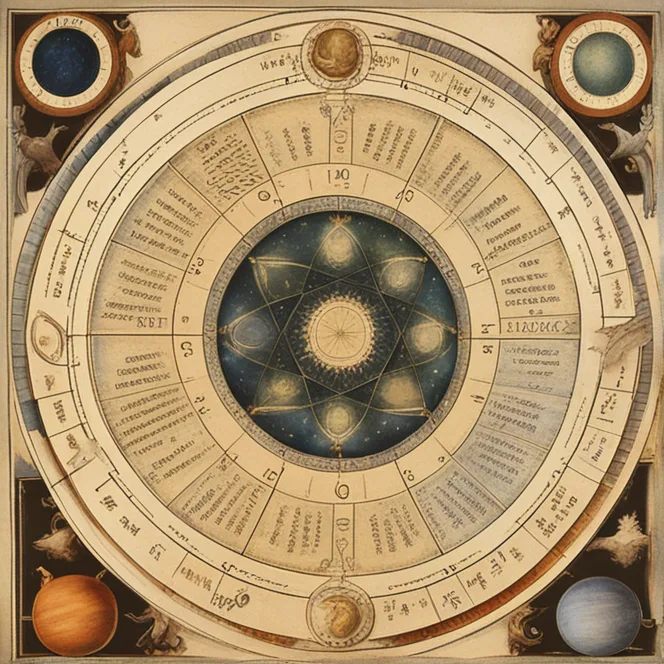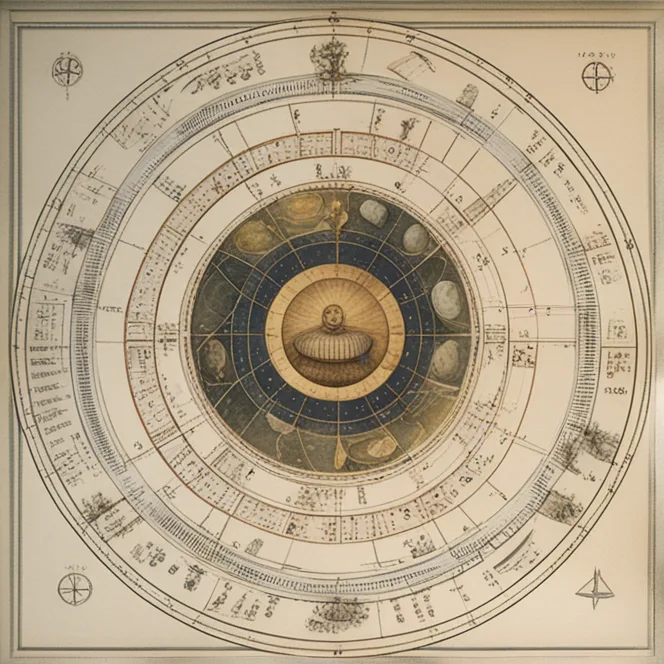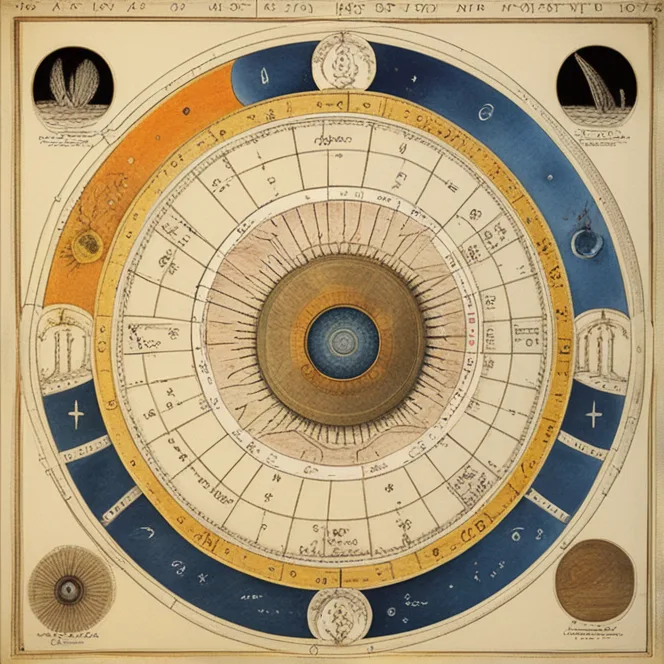
Astrological Houses Uncovered
Explore the foundational elements of astrology houses and their influence on your astrological chart in our in-depth guide.
article by Priya Deshmukh
Introduction to Astrology Houses
Astrology provides a celestial roadmap to our personalities, life events, and future possibilities. At the core of this ancient practice lies the concept of astrology houses, distinct areas of life that the planets influence as they move through the sky. Just like the twelve zodiac signs offer insight into our character traits, the twelve houses of astrology shine a light on various life experiences—ranging from our inner self to our relationships with the wider world. Understanding these houses is essential for interpreting any astrological chart, whether it be your natal chart, a horary question, or forecasting trends in transit charts. In this exploration, we will delve into what these houses represent and how you can identify them in your own astrological journey.

Discovering Your First House
The journey through the houses begins with the first house, also known as the Ascendant or rising sign—it sets the tone for the entire chart. It represents self-image, the mask we present to the world, and our initial approach to life. To find your first house, you need to know your exact birth time, as it is determined by the zodiac sign that was on the Eastern horizon at the moment of your birth. Its cusp, or start, is marked by the degree of the sign rising and sets the stage for defining the subsequent houses. The ruling planet of your first house and the aspects it makes to other celestial bodies can give profound insights into your personal outlook and how you initiate action.

Mapping Out the Other Houses
Following the first house are the remaining eleven. Each house corresponds to a sphere of life. The second house governs personal resources and value systems; the third, communication and immediate environment. The fourth house reflects home and family roots, while the fifth is associated with creative expression and romance. The duties and health matters fall under the sixth house, whereas relationships and partnerships belong to the seventh. The eighth house deals with transformation and shared resources, the ninth with philosophy, higher learning, and travel. Career and public reputation are in the domain of the tenth house, contrasting with the eleventh house that speaks to friendships and collective goals. Lastly, the twelfth house represents the subconscious, surrender, and that which is hidden or elusive.

Interpreting the Planetary Placements
Once you've cast your chart and marked the cusp of each house, the next step is to interpret the planets residing within them. A planet in a house brings its energy and themes to the matters associated with that house. For example, Venus in the second house could indicate a propensity for acquiring wealth through creativity or a value system heavily influenced by relationships. Each planet's nature and the sign it's in will flavor the house's expression in your life. It's a delicate tapestry, with each celestial object's position and aspects to other planets offering clues to understanding your unique world.
Calculating Houses in Your Chart
To accurately find the houses in your chart, you can use a free online astrology chart calculator, which requires your birth date, time, and place. These details allow the calculator to use the appropriate house system—such as Placidus or Whole Sign—to determine the setup of your personal horoscope. While advanced astrologers might calculate by hand using complex tables and mathematical formulas, these online tools offer a quick and approachable method for beginners and enthusiasts to discover the layout of their astrology houses and gain insights without the steep learning curve of manual calculations.

Understanding House Systems Variations
Several house systems are used in astrology, and each has its method for dividing the sky. The Placidus system, based on the time it takes for a degree of the ecliptic to rise above the horizon, is the most commonly used in Western astrology. However, some astrologers prefer the Whole Sign system for its simplicity—each sign is equal to one house, regardless of the degree on the horizon. The choice of house system may affect the placement of planets in your houses and consequently alter the interpretation. Experimenting with different systems can help you choose which resonates most accurately with your personal experiences.
Applying Astrology Houses to Life
Beyond mere curiosity, understanding the houses in astrology can be applied to enhance self-awareness and personal growth. By recognizing the forces at play in different areas of your life, you can pinpoint potential challenges, harness your innate strengths, and make informed decisions. Astrology houses can also serve as a tool for timing events or making sense of past and present circumstances. Indeed, their value extends beyond the personal to relationships and timing, providing a reflective mirror for examining the multifaceted dimensions of our life stories.
Published: 12/12/2023
Modified: 12/12/2023
More predictions
Come back here soon to learn more about yourself and your future


Understanding Astrology: The 12 Houses
Decode the mysterious 12 houses in astrology and how they shape your life, personality, and future.


Exploring Astrological Houses & Their Meanings
Uncover the significance of the 12 astrological houses and how they influence various aspects of our lives through this insightful article.